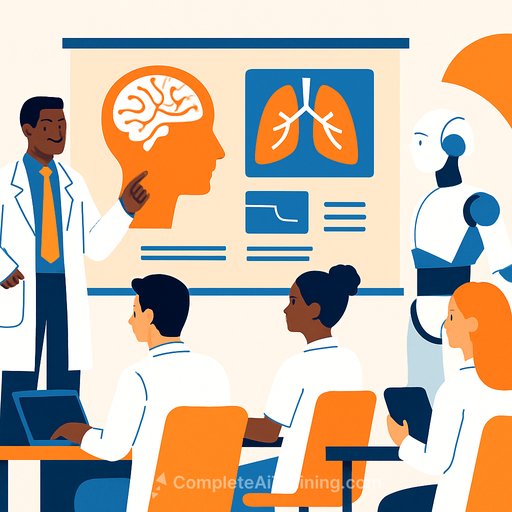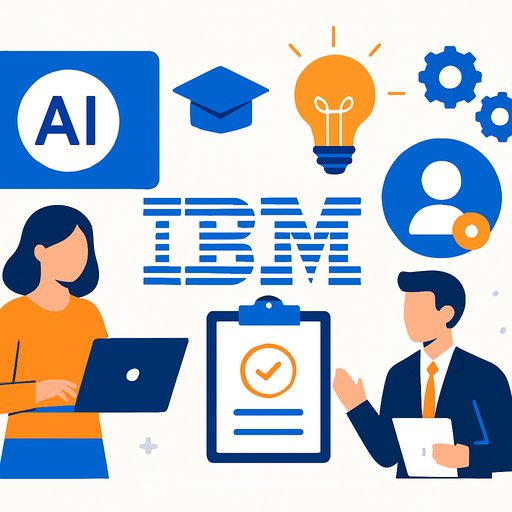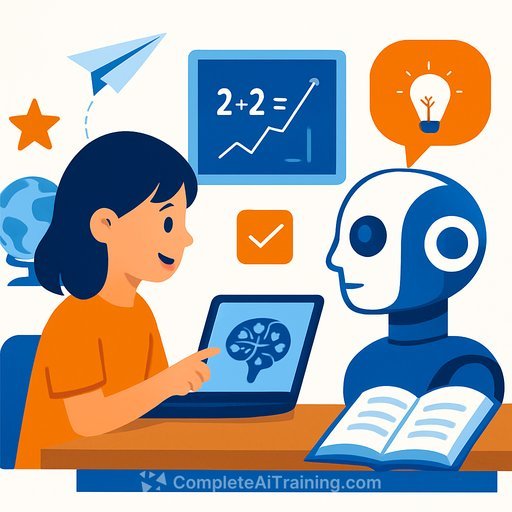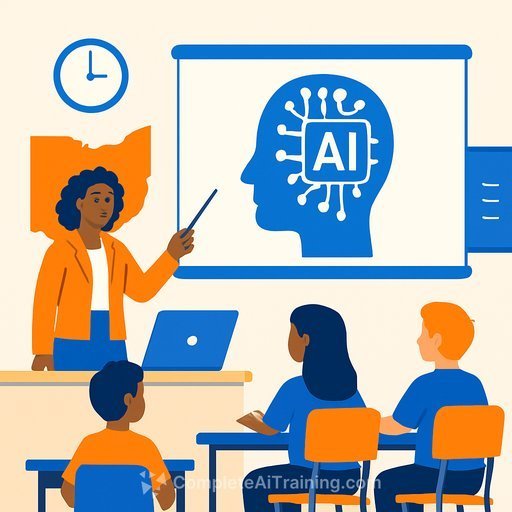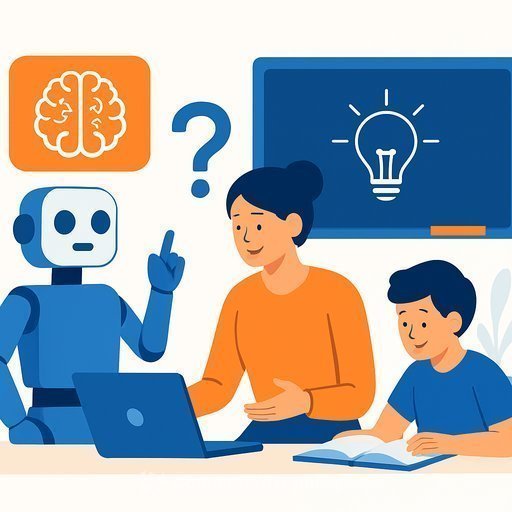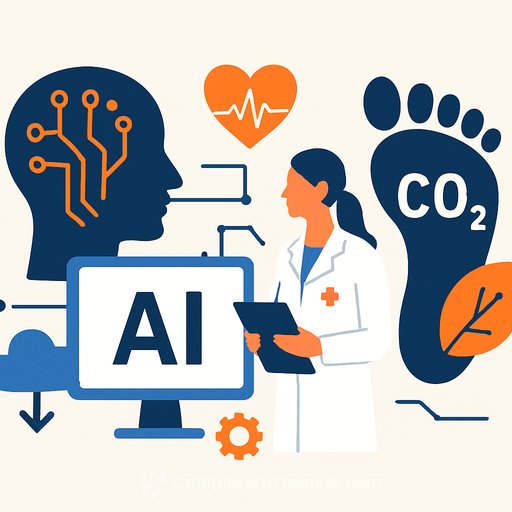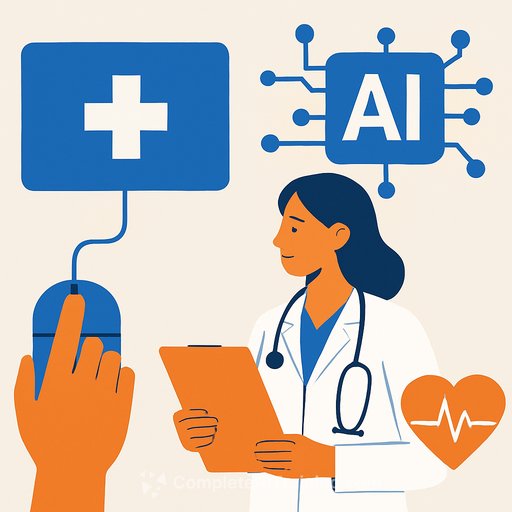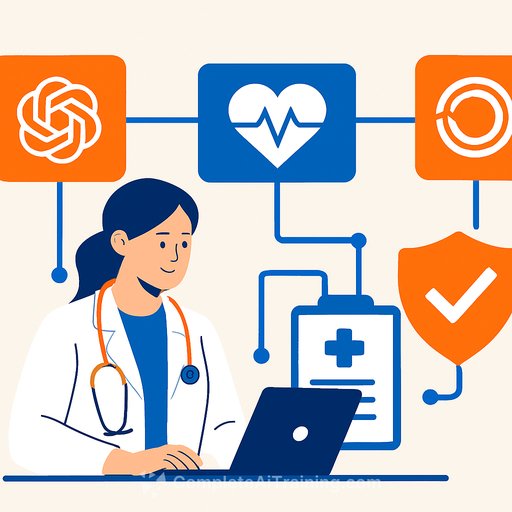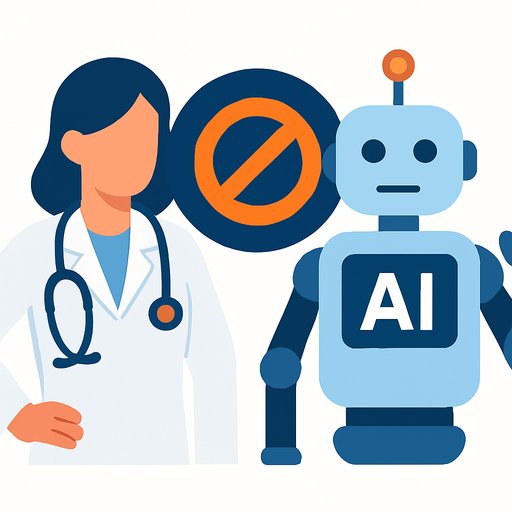Inside the First U.S. Medical School to Fully Incorporate AI into Doctor Training
The Icahn School of Medicine at Mount Sinai in New York City has taken a significant step by integrating artificial intelligence into its medical education. This pioneering move makes it the first medical school in the country to provide all M.D. and graduate students with access to OpenAI's ChatGPT Edu.
AI as a Learning and Support Tool for Medical Students
Students like Faris Gulamali have found AI to be a practical assistant in their training. Gulamali uses ChatGPT to prepare for surgeries and to refine how he communicates complex medical information to patients. He notes that the AI helps him reframe explanations, making them clearer and more patient-friendly.
Vivek Kanpa, a Ph.D. student, values the AI tool as a round-the-clock technical mentor for his research. He describes it as a hybrid of clinical and software engineering support, helping him troubleshoot problems anytime.
Addressing Privacy and Compliance Concerns
The adoption of AI in medical education raises valid concerns about privacy. OpenAI works closely with institutions like Mount Sinai to ensure that ChatGPT Edu complies fully with HIPAA, the federal standard protecting patient information. Leah Belsky, OpenAI’s Vice President and General Manager of Education, emphasizes that safe, equitable access to AI is essential for students entering healthcare fields.
Transforming Teaching and Mentorship
Faculty members at Mount Sinai also see AI as a valuable resource. Dr. Benjamin Glicksberg, associate professor at the school, describes the technology as the most remarkable innovation he has experienced in his career. AI tools help him save time and improve how he mentors students, enabling more focused support.
Encouraging Adaptation Over Fear
Vivek Kanpa encourages peers to adopt AI positively rather than fear it. He believes growing alongside the technology is crucial for future success in medicine.
- Key Benefits of AI in Medical Education:
- Enhanced preparation for clinical procedures
- Improved patient communication skills
- On-demand research and technical assistance
- Support for faculty mentorship and innovation
- Compliance with privacy regulations such as HIPAA
As AI tools become more integrated into healthcare education, medical professionals will need to develop skills to use them effectively and responsibly. For those interested in exploring AI applications further, resources and courses are available at Complete AI Training.
Your membership also unlocks:

